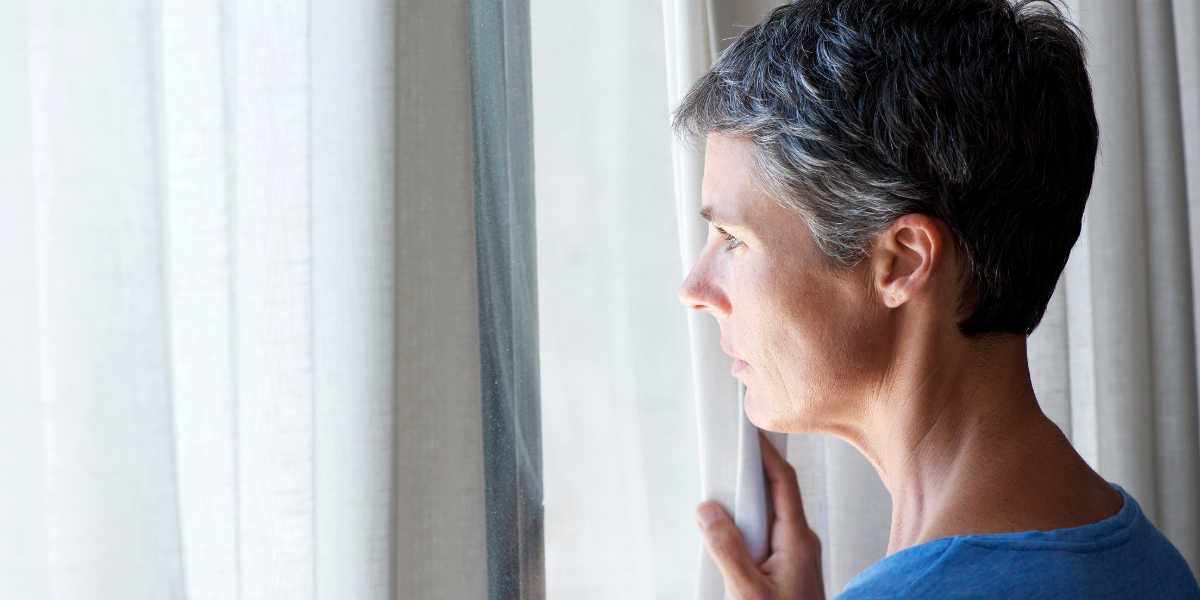
ADHD and Rejection Sensitive Dysphoria
When people think of someone with ADHD, they tend to think about things like impulsivity, distractibility, and inability to focus. One thing that is less recognized, however, is the way ADHD people often have strong emotional reactions to any sense of rejection or criticism. Rejection Sensitive Dysphoria (RSD) is a new term in the psychological world that is being used to discuss exactly this kind of extreme emotional sensitivity. Almost all people with ADHD tend to experience rejection sensitivity to some degree or other. Almost 99% of ADHD adults and teens are more sensitive than usual to rejection, and one third say that it’s the hardest part of living with their ADHD. The research is still out on whether or not individuals without ADHD can experience RSD, but evidence shows that it is extremely common in neurodivergent people, such as those with ADHD or autism. This suggests that there is a genetic component to RSD, although things like trauma, abuse, and stress can make RSD more severe. There is no official diagnosis for RSD, and it is unclear whether it is an actual pathology related to ADHD or simply the result of the trauma of a lifetime of critical messaging. Children with ADHD receive up to 20,000 more critical messages by age 12 than neurotypical children, and that number could be even higher for those children who are undiagnosed.
People who experience RSD tend to have reactions to rejections, judgments, exclusions, and criticism that are far beyond the discomfort that most neurotypical people experience. The word Dysphoria comes from Greek, meaning “hard to bear”, and the emotional reactions of those suffering from RSD are certainly much harder to bear. Their reactions are so strong, so overwhelming, that they can often send the individual into terrifying rages or severe tailspins of depression and anxiety, even up to the point of causing suicidal ideation.
In contrast with other psychological issues like bipolar disorder, major depressive disorder, or social anxiety, symptoms of RSD are usually situational and occur as a response to perceived rejection. The symptoms of a particular episode of RSD can last anywhere from a few minutes to a few days, a much shorter duration than with the other disorders. Because the outbursts are usually shorter in duration, it can be hard to address RSD with therapy. Generally, the best ways to handle having RSD are getting an accurate diagnosis to ensure that you are experiencing RSD and not some similar emotional issue, learning to deal with your emotions before they become a meltdown (either through therapy or psychoeducation), and taking action to reduce the overall levels of stress in your life. There are also some medicinal treatment options, with common medications like MAOIs and blood pressure medications both showing effectiveness in helping to reduce the severity of RSD.
If you think you or someone you know might be experiencing RSD, there are a few things that you can be on the lookout for. People who suffer from RSD tend to be easily embarrassed, even by seemingly innocuous things. They may also be easily angered or have emotional outbursts when they feel hurt or rejected. RSD sufferers can often present as either perfectionists, driven to preemptively eliminate any potential cause of criticism, or they may seem to have low self-esteem and feel hopeless, refusing to even try anything for which there is a potential of failure. RSD sufferers also struggle in personal relationships. Some may avoid interpersonal or romantic relationships completely because the hurt of rejection is too severe. Others may become controlling, due to the fear that their partner will leave them, and sometimes they can even become cruel and distant with their partners, in order to avoid attachment and the risk of rejection.
There are still many unanswered questions about RSD and further research is certainly needed. If you have ADHD, have you struggled with sensitivity? What kinds of things have helped you manage those feelings? If you want to talk about your own experiences with RSD, reach out to us. We can help.
References:
https://www.psychologytoday.com/us/blog/friendship-20/201907/what-is-rejection-sensitive-dysphoria
https://chadd.org/adhd-weekly/rejection-can-more-painful-with-adhd/
https://www.goodtherapy.org/blog/more-than-thin-skinned-rejection-sensitive-dysphoria-1130197
https://www.additudemag.com/rejection-sensitive-dysphoria-and-adhd/

About Lifeologie
Lifeologie Counseling was founded in 2000 with one goal in mind — to bring a fresh, innovative approach to the everyday problems of life. Creative solutions to stuck problems®. With our unique multi-specialty, collaborative approach, Lifeologie Counseling helps individuals and families heal their wounds and break out of old, unhealthy patterns.




